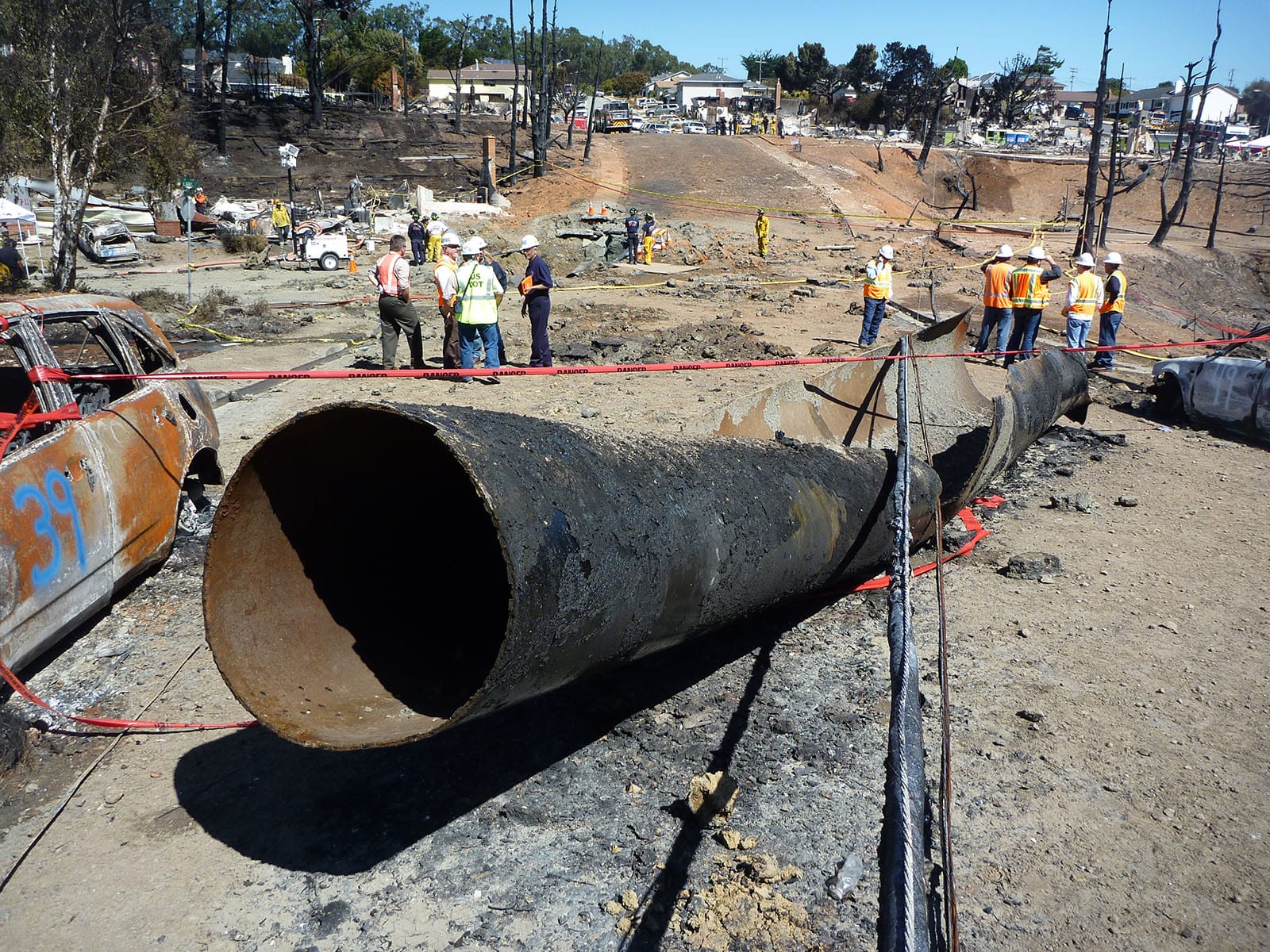The recent decision by Ukraine to halt Russian gas exports to Europe marks a pivotal moment in the ongoing energy crisis fueled by geopolitical tensions. This action comes in the wake of escalating conflicts and has raised alarms about the potential ramifications for various European nations that rely heavily on Russian gas supplies. The cessation of these gas flows not only threatens energy security but also poses significant economic challenges for countries that have been dependent on these resources for their energy needs.
The European Union has long been aware of its reliance on Russian gas, which has historically accounted for a substantial portion of its energy imports. Countries such as Germany, Italy, and several Eastern European nations have been particularly vulnerable to disruptions in supply. The halt in gas flows from Ukraine is expected to exacerbate these vulnerabilities, leading to potential energy shortages and increased prices for consumers and businesses alike.
Germany, one of the largest consumers of Russian gas in Europe, faces a particularly precarious situation. The country has made strides in diversifying its energy sources, yet a sudden loss of supply could lead to significant disruptions in both residential and industrial energy use. As winter approaches, the urgency of securing alternative energy supplies becomes paramount. The German government has been working on contingency plans, including increasing imports of liquefied natural gas (LNG) and accelerating the transition to renewable energy sources. However, these measures may not be sufficient to mitigate the immediate impact of the gas supply halt.
Italy also finds itself in a challenging position, as it has been a major importer of Russian gas. The Italian government has been proactive in seeking alternative energy sources, including increasing imports from North Africa and investing in renewable energy projects. Nonetheless, the sudden cessation of Russian gas flows could lead to higher energy prices and increased pressure on the economy, particularly in sectors heavily reliant on gas for production.
Eastern European countries, such as Hungary and Slovakia, are among the most at risk due to their high dependency on Russian gas supplies. These nations have historically relied on a steady flow of gas for heating and electricity generation. The abrupt halt in supply could lead to energy shortages, forcing governments to implement emergency measures to ensure that households and businesses have access to necessary energy resources. The potential for civil unrest over energy shortages is a concern for policymakers in these regions.
The impact of Ukraine’s decision is not limited to immediate energy concerns. The geopolitical landscape in Europe is also shifting as countries grapple with the implications of reduced Russian gas supplies. The European Union has been striving to reduce its dependency on Russian energy in recent years, but the sudden halt in gas flows may accelerate these efforts. The EU may increase its focus on energy independence, investing in alternative energy sources, and strengthening energy ties with non-Russian suppliers.
Furthermore, this situation could lead to a reevaluation of energy policies across the continent. Countries may prioritize energy efficiency and the development of renewable energy projects to reduce reliance on imported fossil fuels. The urgency of addressing climate change may also gain renewed focus as nations seek to transition to more sustainable energy systems.
In addition to the immediate economic and energy security concerns, the halt in Russian gas flows could have broader implications for international relations. Countries that have historically relied on Russian energy may find themselves reassessing their diplomatic ties and energy partnerships. As the geopolitical landscape evolves, nations may seek to align themselves more closely with alternative energy suppliers, potentially reshaping alliances and trade relationships.
In conclusion, Ukraine’s decision to stop Russian gas flows to Europe is a significant development that carries substantial risks for various countries dependent on this energy source. The immediate implications include potential energy shortages, rising prices, and economic instability, particularly for nations like Germany, Italy, and Eastern European countries. As Europe grapples with this crisis, the situation may catalyze a broader shift towards energy independence and sustainability, reshaping the continent’s energy policies and geopolitical landscape for years to come.



